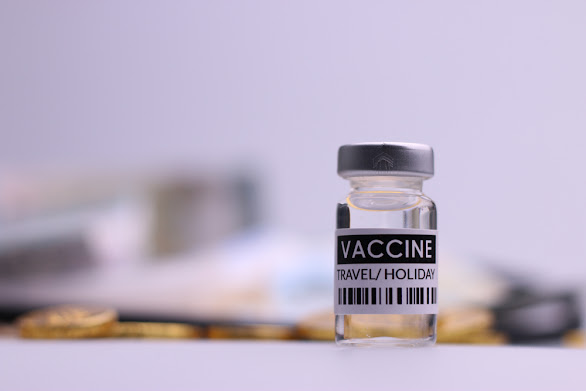 |
| Hajj Vaccination |
The Hajj takes place in lunar month 12 for 5 days, from days
8 to 12. The pilgrimage has taken place in the last decade in the autumn and
winter, beginning in January 2005 and progressing through October 2013. Winter
illnesses have been linked to these months. As the lunar calendar advances over
the following decade, the Hajj will be held during the summer months, and
various illnesses will predominate.
Due to the restricted time and geographical region of the
event, as well as the vast number of people, pilgrims conducting the Hajj are prone
to a variety of very substantial health hazards, with population densities
among the millions of participants exceeding 7 persons/m2.
Hajj is an Islamic religious trip to Mecca, Saudi Arabia,
which was visited by 1 to 3 million pilgrims annually prior to the COVID-19
epidemic.
Hajj begins on the eighth day of Dhul Hijjah (the twelfth
and final month of the Islamic calendar) and concludes on the thirteenth.
Because the Islamic calendar is 11 days shorter than the calendar used in the
Western world, the date of Hajj is 11 days earlier each year. The dates of Hajj
1444H/2023 are from June 26 to July 1, 2023. So, one must plan their travel plans
accordingly and also visit travel
vaccinations Hillingdon for vaccination requirements.
Pilgrims from the United Kingdom who intend to conduct Hajj
must visit Travel vaccinations Heathrow so using the official Ministry of Hajj Nusuk Hajj
platform.
Hajj Vaccinations Requirement for UK
Meningococcal Meningitis
This must have been administered within the previous 5
years, and you must have a vaccination certificate detailing the date and kind
of vaccine you got Coronavirus (COVID-19) at least 10 days prior to your
arrival in Saudi Arabia.
All Hajj travellers must provide proof of a full course of
COVID-19 vaccines to the MoH KSA:
Only COVID-19 vaccinations approved by the MoH KSA will be
accepted; visit the COVID-19 FAQ page for details on how to get documentation
of COVID-19 immunisation status; consider obtaining a seasonal booster dose of
the COVID-19 vaccine (if eligible).
The Importance of Health Education:
1. It raises people's awareness and abilities.
2. Health education improves students' knowledge of health.
3. It motivates young people to improve and maintain their
health.
4. Health education enhances life quality
5. It also minimises the number of early deaths.
For additional information, visit our website https://www.lawtonpharmacy.com/.
No comments:
Post a Comment